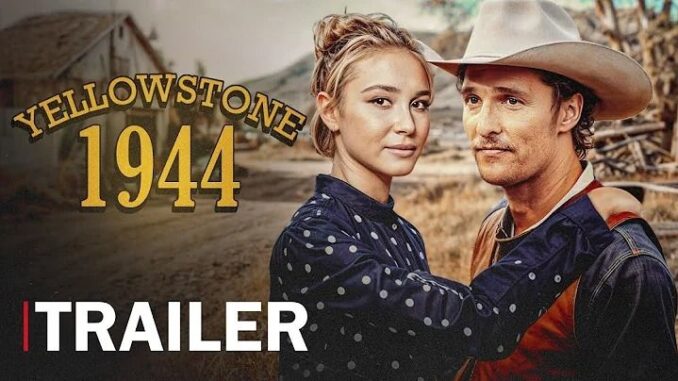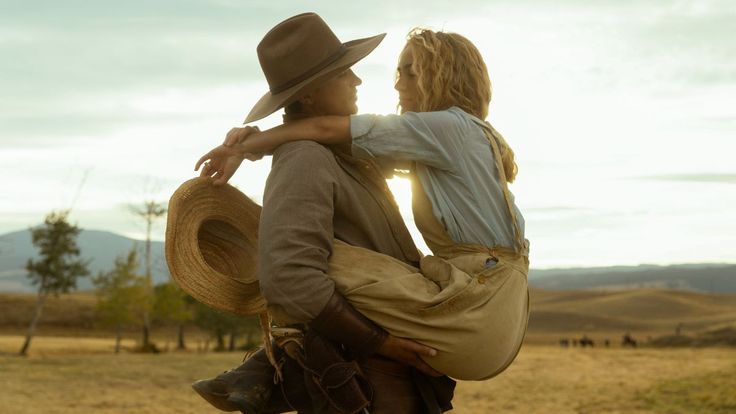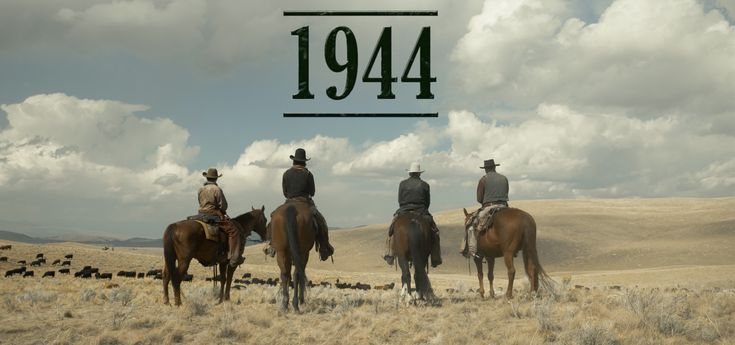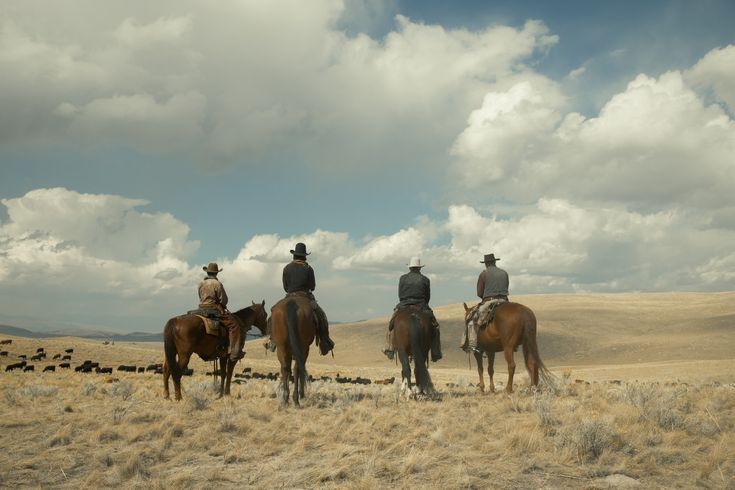
When Kevin Costner signed on to star in Yellowstone, it wasn’t just another acting gig. This was a project that would change the course of his career, catapulting him back into the spotlight and cementing his place in modern television. But why did he agree to this project in the first place? What was it about Taylor Sheridan’s Western that made it so irresistible to Costner and audiences alike? In this article, we’re diving into the reasons why Kevin Costner took on the role of John Dutton in Yellowstone and how his involvement elevated the show into one of the most talked-about series of the last decade.

The Evolution of Kevin Costner’s Career
Before we explore Yellowstone, let’s take a quick look at Kevin Costner’s illustrious career. Known for his roles in Dances with Wolves, The Bodyguard, and Robin Hood: Prince of Thieves, Costner built a reputation for playing characters who embody leadership, strength, and deep moral complexity. However, after a series of box-office flops and some time away from the limelight, Costner’s career had been in a bit of a slump. But then came Yellowstone.
Why Did Kevin Costner Say Yes to Yellowstone?
A Unique Storytelling Opportunity
At the heart of Yellowstone lies a rich, complex story that focuses on family, power, and survival in the American West. The show is not your average Western—it blends modern-day struggles with timeless themes of loyalty, land ownership, and generational conflict. Taylor Sheridan, the writer behind Yellowstone, crafted a world that felt grounded yet epic, something Costner couldn’t resist.
For an actor of Costner’s caliber, the opportunity to play a character as layered as John Dutton was a no-brainer. Dutton is a patriarch whose family owns the largest contiguous ranch in the United States—a man with a tough exterior and a heart full of burdens. Costner saw in this character a chance to not only show his dramatic range but also to step into the boots of a role that was as iconic as any he had portrayed before.
A Passion for Westerns
Costner has always had a deep love for Westerns. From Dances with Wolves to Open Range, he has demonstrated a passion for telling stories set in the American frontier. Yellowstone offered him the chance to return to his roots, this time with a fresh, modern twist. In an interview, Costner shared that he loved the idea of tackling a character who was not just a typical cowboy but someone wrestling with the complexities of modern-day issues like corporate greed, environmental concerns, and the clash between tradition and progress.
The Vision of Taylor Sheridan
One of the most important factors that drew Costner to Yellowstone was the vision of Taylor Sheridan. Sheridan is known for his gritty, no-holds-barred writing style, seen in films like Sicario and Hell or High Water. He brought this same intensity to Yellowstone, creating a show that was raw, emotional, and full of tension. Costner trusted Sheridan’s storytelling ability and recognized that this was not just another television show—it was a chance to be part of something extraordinary.

The Character of John Dutton: A Perfect Fit for Kevin Costner
A Complex, Multi-Dimensional Role
John Dutton is not just the owner of a ranch; he’s a father, a leader, and a man with a dark side. He’s a protector of his family, but his methods are often ruthless, making him a character full of contradictions. This complexity is exactly what drew Costner in. He knew that playing Dutton would require him to tap into a deep well of emotional depth, and the challenge of portraying such a multifaceted character was something Costner couldn’t pass up.
The Leader and Protector
In many ways, John Dutton is the embodiment of Costner’s earlier roles as a leader and protector. But Dutton is also a man trapped by his own values and the weight of his family legacy. Costner understood that this character was not just about being a tough guy—it was about understanding the emotional toll of power and the loneliness that comes with being in charge.
What Made Yellowstone So Good?
A Gritty, Realistic Look at the Modern West
Yellowstone didn’t just succeed because of Costner—it succeeded because of its unapologetic portrayal of the modern American West. The show tackles real-world issues like land rights, corruption, and the changing landscape of ranching, making it resonate with both fans of Westerns and viewers interested in contemporary dramas. Sheridan’s writing captures the essence of the modern cowboy—pragmatic, hardworking, and often morally gray.
The Cinematic Quality
Another reason Yellowstone stands out is its cinematic quality. The sweeping shots of Montana’s vast landscape, combined with tight, dramatic close-ups, create an atmosphere that feels larger than life. Costner’s gravitas complements the visuals, helping to elevate the show’s overall impact.
Powerful Relationships
The relationships between characters in Yellowstone are just as compelling as the Western themes. John Dutton’s interactions with his children, his allies, and his enemies create the emotional backbone of the show. The tension between family loyalty and personal ambition is what drives much of the narrative, and Costner’s portrayal of Dutton’s complex relationships is a major factor in why audiences are so invested.
The Influence of Taylor Sheridan’s Storytelling
A Master of Tension
Sheridan is a master at creating tension, whether it’s through the conflict between characters or the looming threat of nature itself. Yellowstone often finds its characters up against forces much bigger than themselves, from corrupt politicians to corporate land developers. The suspenseful moments keep viewers on the edge of their seats, and Costner’s portrayal of a man caught in the middle of it all makes the drama even more gripping.

A Rich, Authentic World
Sheridan didn’t just create a show about ranchers—he created a world that feels lived-in and authentic. The ranching culture, the political power struggles, and the dynamics of family ownership are portrayed with such detail and respect that it immerses viewers completely. This sense of authenticity is what made Yellowstone stand out in the crowded TV landscape.
The Legacy of Yellowstone
A Game-Changer for Television
Yellowstone has undoubtedly left a mark on the television industry. Its success has paved the way for other shows in the modern Western genre, influencing everything from casting choices to storytelling techniques. Costner’s involvement played a crucial role in making the show a cultural phenomenon, and his portrayal of John Dutton is now considered one of the most iconic television characters of the 21st century.
What’s Next for Yellowstone?
As Yellowstone continues to dominate television, fans are eager to see where the show will go next. With spin-offs like 1883 and 1923 expanding the universe, it’s clear that the legacy of the Dutton family will continue to shape the future of the show. Whether or not Costner will remain involved in future projects, Yellowstone has already solidified his place in TV history.
Conclusion: The Power of Kevin Costner and Taylor Sheridan’s Vision
Kevin Costner’s decision to join Yellowstone wasn’t just a career move—it was a partnership with Taylor Sheridan to create something special. The combination of Costner’s incredible talent and Sheridan’s bold storytelling is what made the show so compelling. Yellowstone isn’t just a Western—it’s a masterclass in character development, tension, and storytelling. And with Costner at the helm, it became a cultural touchstone, drawing viewers into a world that felt both timeless and current.
